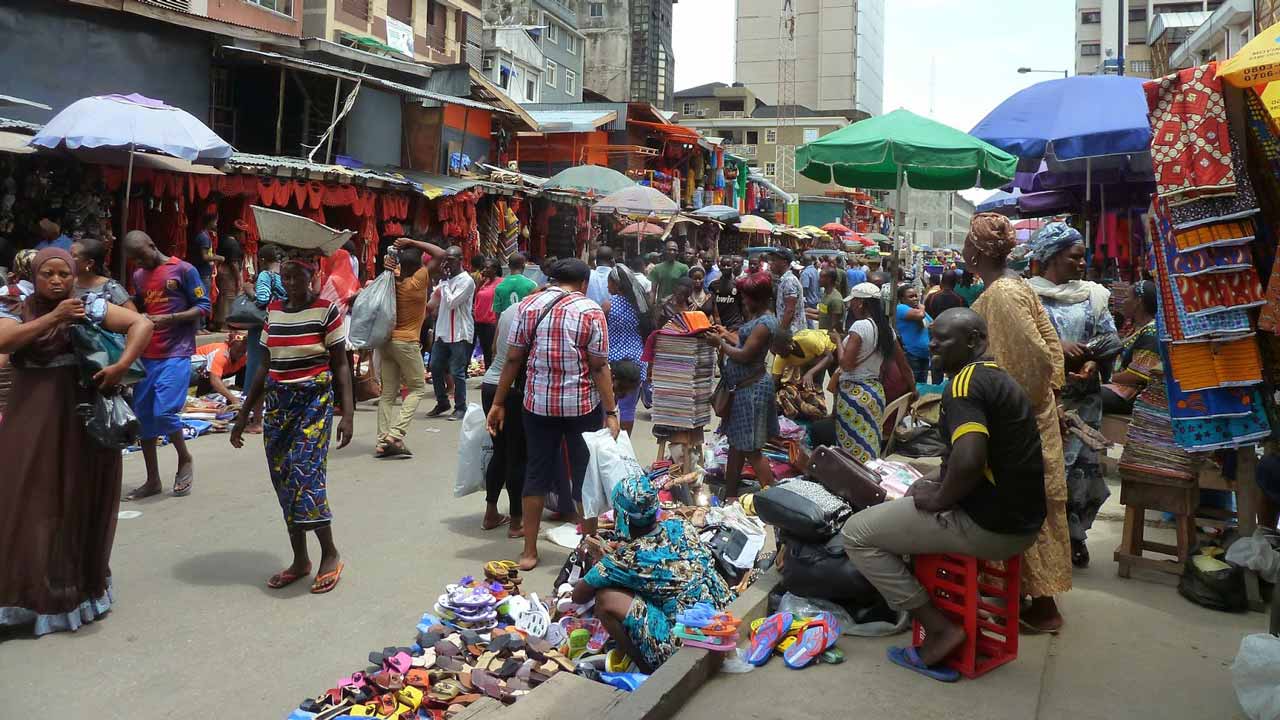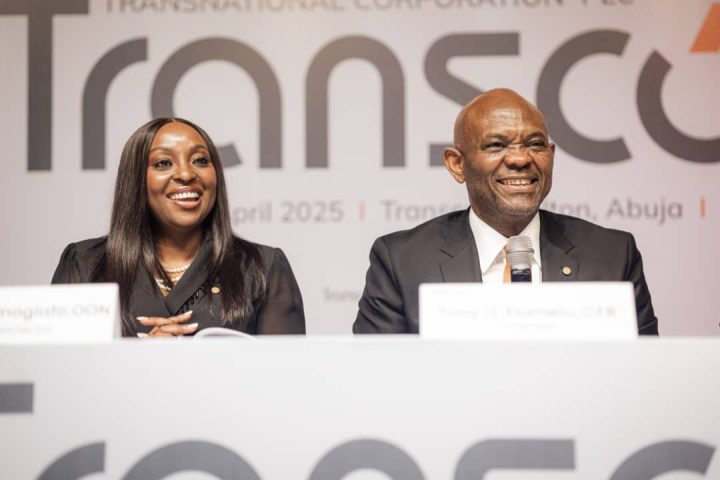Inflation: A Struggle for Survival Among SMEs
The rising inflation rate in Nigeria is leaving many small and medium-sized enterprises (SMEs) grappling with unprecedented challenges.
As inflation surged to 33.88% in October 2024, SME owners are finding it increasingly difficult to sustain their businesses. “Inflation is no longer just a statistic; it’s a daily battle,” said Adebayo Aina, owner of a printing press in Lagos.
Join our WhatsApp ChannelVoices from the SME Community
Struggling to Stay Afloat
For Aina, the cost of raw materials has skyrocketed. “Last year, I could print a thousand copies of a book for ₦300,000. Today, I need nearly ₦500,000, and customers are unwilling to pay the difference,” he lamented. The sharp increase in production costs has forced him to reduce his workforce.
Similarly,Ijeoma Emeka, a food vendor in Isolo, shared her ordeal. “Rice, oil, and gas prices have tripled. I had to cut portions to avoid losing customers, but it’s affecting my profits. Inflation is killing small businesses,” she said.
Rising Operational Costs
In Oshodi, Chioma Nwafor, who owns a beauty salon, explained how inflation has driven up rent and utility bills.
“Electricity is inconsistent, so I rely on a generator, and the cost of petrol is draining my profits,” she explained. Nwafor has resorted to shorter business hours to cut costs.
Currency Devaluation Woes
For import-dependent businesses like that of Jeremiah Okafor, who runs a gadget shop at Arena Market, Oshodi Lagos, inflation and currency devaluation are a double blow.
“I import electronics from China, but with the naira’s free fall, my capital isn’t enough anymore,” Adebayo said. He has had to increase his prices, losing some loyal customers in the process.
Access to Capital
For some, securing loans to cushion inflationary pressures is another hurdle. “The interest rates are absurdly high, and banks are hesitant to lend to SMEs in this economic climate,” said Funke Alabi, a clothing retailer.
READ ALSO: Inflation Puts Nigerian Startups Founders Under Pressure, Report Reveals
Experts Weigh In
Macroeconomic Perspective
Economist Dr. Samuel Adetunji highlighted the broader implications of inflation. “Inflation erodes purchasing power, and for SMEs, this translates into fewer customers and lower revenues. It also increases operational costs, which is a deadly combination,” he explained. Adetunji added that without deliberate policy interventions, SMEs might face an existential crisis.
Strategies for Resilience
Business consultant Grace Eze offered practical advice. “Diversification is key. SMEs need to explore other income streams and negotiate better deals with suppliers. Collaboration within industries can also help cut costs,” she said.
Coping Mechanisms Adopted by SMEs
Despite the daunting challenges, some SMEs are finding ways to adapt.
- Cutting Non-Essential Costs
“We had to let go of our office space and now work remotely,” said Adebayo. This move saved his business significant overhead costs. - Leveraging Technology
Okafor has started taking online orders to reach a broader audience. “Social media has been a lifesaver. It’s free and effective for advertising,” she noted. - Building Support Networks
Many SME owners are forming alliances. “We now buy supplies in bulk as a group, which has significantly reduced costs,” shared Aina.
The Psychological Toll
Beyond the financial strain, inflation is taking a toll on SME owners’ mental health. A recent report by Flourish Ventures revealed that 49% of founders experience high stress and exhaustion, with 46% admitting to anxiety. “The pressure is immense. Every day feels like a fight for survival,” said Nwafor.
Looking Ahead
While the road ahead is uncertain, both experts and business owners agree that inflation will remain a key challenge for SMEs unless systemic changes are made. Dr. Adetunji stressed the importance of government intervention. “Policies aimed at stabilizing the naira and improving infrastructure can reduce operational costs for SMEs,” he suggested.
For SME owners like Ahmed, hope lies in resilience. “We’ve survived tough times before. With the right support, we can do it again,” she said.
Emmanuel Ochayi is a journalist. He is a graduate of the University of Lagos, School of first choice and the nations pride. Emmanuel is keen on exploring writing angles in different areas, including Business, climate change, politics, Education, and others.

















Follow Us